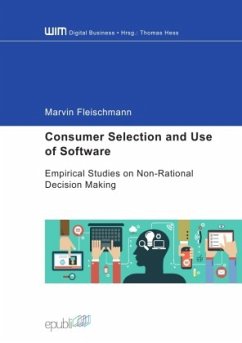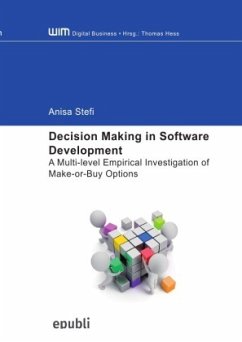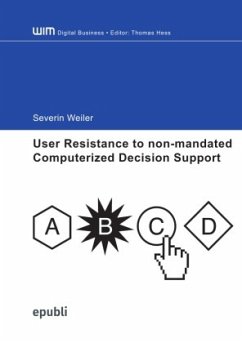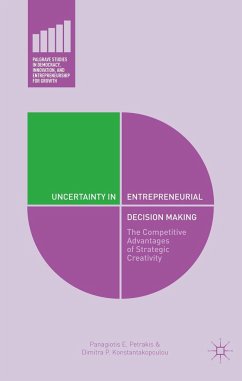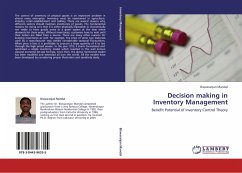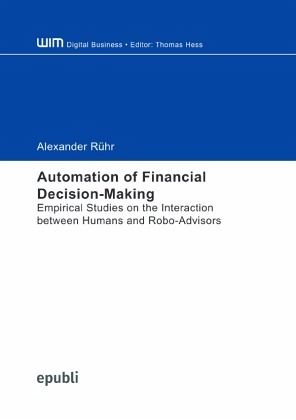
Automation of Financial Decision-Making
Empirical Studies on the Interaction between Humans and Robo-Advisors
Versandkostenfrei!
Versandfertig in 6-10 Tagen
19,99 €
inkl. MwSt.

PAYBACK Punkte
0 °P sammeln!
Technological advancements rapidly increase the scope of automatable tasks and decisions. As a result, new IT system types emerge that can digitalize previously human conduct. One application area of increasing automation is the financial services industry with the emergence of financial technologies (FinTech) such as digital investment management systems, commonly referred to as robo-advisors. Such systems render the potential to decrease the costs of investment management, making it more accessible, and, if done right, increase performance by avoiding human biases. The realization of these a...
Technological advancements rapidly increase the scope of automatable tasks and decisions. As a result, new IT system types emerge that can digitalize previously human conduct. One application area of increasing automation is the financial services industry with the emergence of financial technologies (FinTech) such as digital investment management systems, commonly referred to as robo-advisors. Such systems render the potential to decrease the costs of investment management, making it more accessible, and, if done right, increase performance by avoiding human biases. The realization of these automation potentials is dependent on the individual willingness to make use of such IT systems. This dissertation identifies barriers to the utilization of automation potentials as grounded in human attitude and behavior. Further, it suggests principles that can guide the successful realization of automation potentials by increasing user trust in the IT systems that automate tasks and decisions. All such suggestions are derived based on empirical studies on human behavior in the interaction with highly autonomous IT systems on the example of robo-advisors. Hereby, this dissertation adds to theory on user interaction with autonomous IT systems and provides insights for practitioners that aim at designing and implementing IT systems that automate tasks and decisions.



